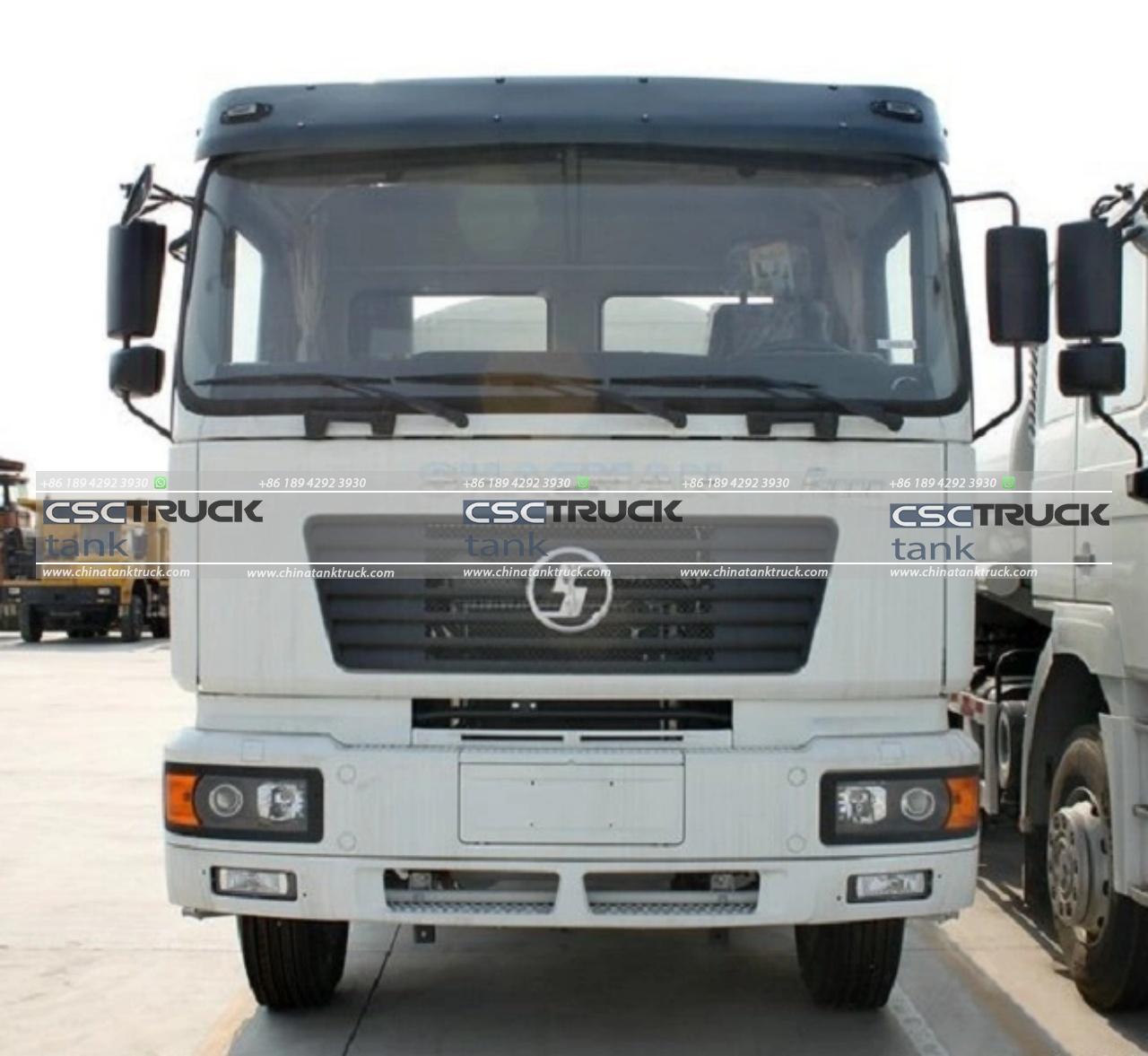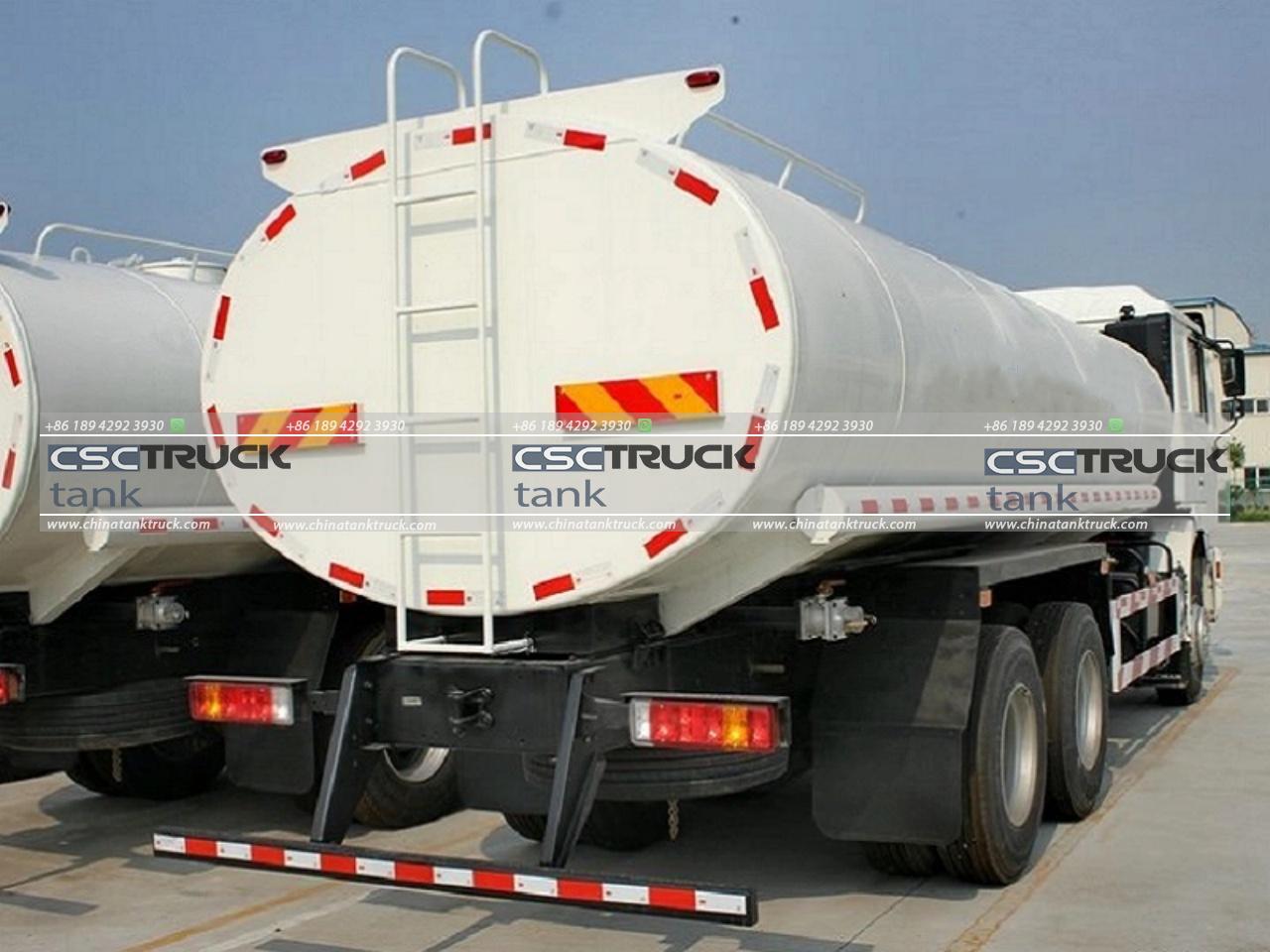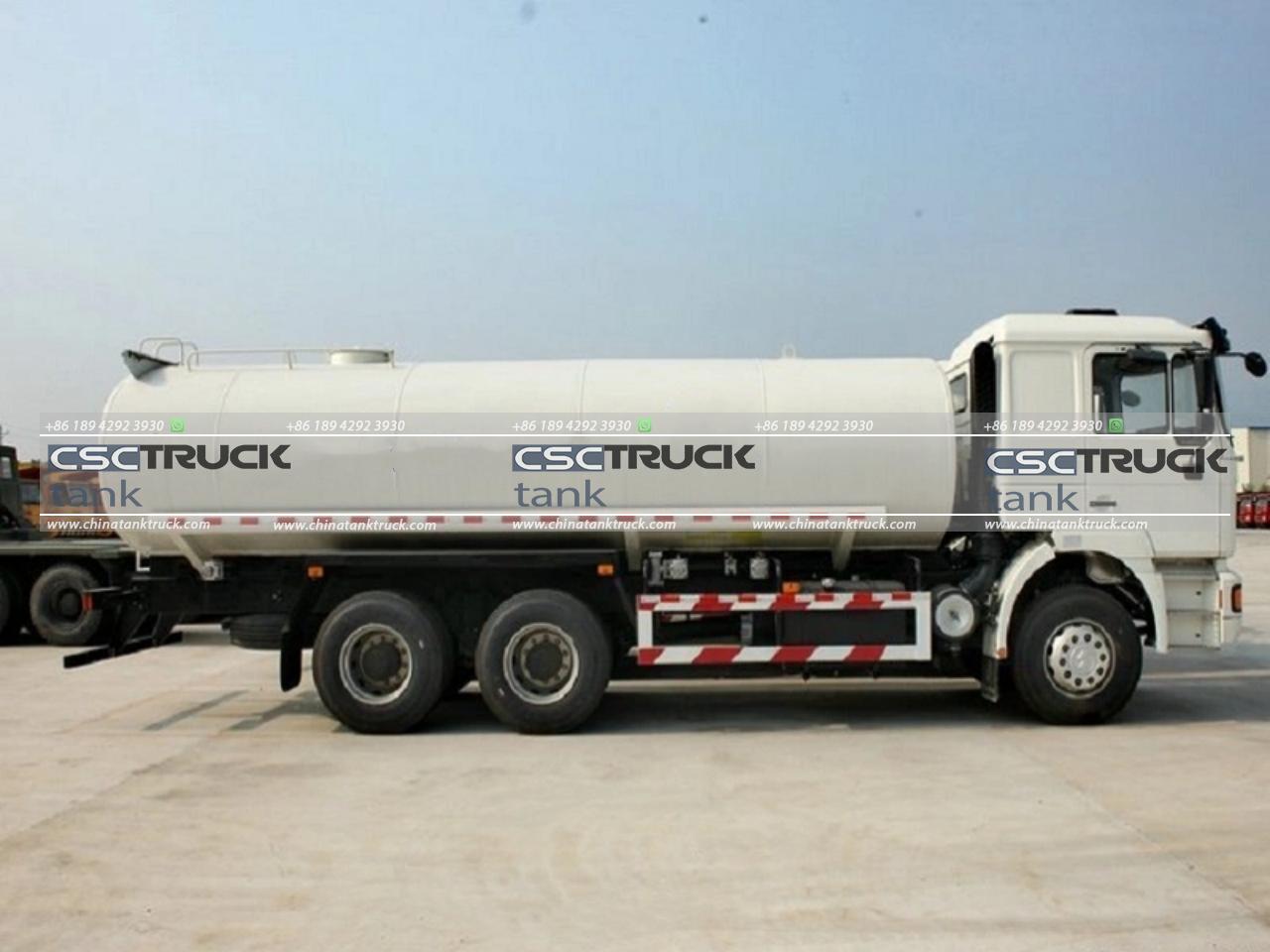What are the Three Types of Water Tanks?
Water tanks play a crucial role in water storage, catering to various needs from residential water supply to agricultural irrigation and industrial processes. The selection of a suitable water tank depends on various factors, including the intended use, capacity requirements, environmental conditions, and budget. There are many types of water tanks available, but they generally fall into 3 primary categories: **plastic water tanks**, **steel water tanks**, and **concrete water tanks**. Each type has its unique advantages and disadvantages, making them suitable for different applications. This article explores these 3 types of water tanks in detail, highlighting their features, benefits, and common uses.
1. Plastic Water Tanks
Plastic water tanks, often made from polyethylene, are among the most popular choices for water storage. These tanks are widely used in residential, commercial, and agricultural settings due to their affordability, versatility, and ease of installation.
Features and Benefits:
– Durability and Flexibility: Plastic water tanks are known for their flexibility and resistance to impacts. Unlike metal tanks, they do not corrode or rust, making them ideal for storing potable water. The flexibility of plastic also allows these tanks to withstand minor ground movements without cracking or breaking.
– Lightweight: One of the most significant advantages of plastic tanks is their lightweight nature. This makes them easy to transport and install, even in remote areas. Their lightweight also reduces the cost and complexity of installation compared to heavier tanks like those made from concrete or steel.
– Variety of Sizes and Shapes: Plastic tanks are available in a wide range of sizes, from small household units to large industrial tanks holding thousands of liters. They can also be molded into various shapes, including cylindrical, rectangular, and even slimline designs that fit into tight spaces.
– UV Resistance: Modern plastic water tanks are treated with UV-resistant materials, which protect the tank from degradation due to sunlight exposure. This feature is particularly important for outdoor installations, ensuring the longevity of the tank.
Common Uses:
Plastic water tanks are widely used for domestic water storage, including drinking water, rainwater harvesting, and garden irrigation. They are also employed in agriculture for storing water for livestock and irrigation purposes. In industrial settings, plastic tanks are often used for storing chemicals, although this requires careful selection to ensure chemical compatibility.
Drawbacks:
While plastic water tanks offer many advantages, they also have some limitations. They are generally less durable than steel or concrete tanks, especially in extreme weather conditions or when exposed to heavy impacts. Additionally, plastic tanks are more susceptible to damage from sharp objects or vandalism. Over time, prolonged exposure to UV rays can cause some degradation, despite UV treatments.

2. Steel Water Tanks
Steel water tanks are known for their strength, durability, and capacity to withstand extreme environmental conditions. They are commonly used in industrial, commercial, and large-scale agricultural settings where the need for robust water storage solutions is paramount.
Features and Benefits:
– High Strength and Durability: Steel is one of the strongest materials used in water tank construction, offering excellent durability and resistance to damage. Steel tanks can withstand harsh weather conditions, including high winds, heavy snow loads, and even seismic activity. This makes them ideal for areas prone to extreme weather or natural disasters.
– Corrosion Resistance: Many steel water tanks are coated with special linings, such as epoxy or galvanized coatings, to protect against corrosion. Stainless steel tanks, in particular, offer exceptional resistance to rust and corrosion, making them suitable for storing potable water and other liquids.
– Longevity: Due to their robust construction and corrosion-resistant properties, steel water tanks have a long lifespan, often exceeding several decades with proper maintenance. This long-term durability can make steel tanks a cost-effective choice despite their higher initial cost.
– Large Capacity: Steel tanks are available in very large capacities, often exceeding several million liters. This makes them ideal for industrial applications, firefighting water storage, and large-scale agricultural operations.
Common Uses:
Steel water tanks are widely used in industrial settings where large volumes of water or chemicals need to be stored. They are also used in firefighting applications, where the ability to store large amounts of water is crucial. In agriculture, steel tanks are used for irrigation, livestock watering, and rainwater harvesting on a large scale. Additionally, they are used in commercial buildings for potable water storage.
Drawbacks:
The primary disadvantage of steel water tanks is their cost. They are generally more expensive than plastic or concrete tanks, both in terms of material cost and installation. Additionally, steel tanks are heavy, requiring more effort and resources to transport and install. Without proper coatings or maintenance, steel tanks are also susceptible to corrosion, which can compromise the tank’s integrity and contaminate the stored water.

3. Concrete Water Tanks
Concrete water tanks are renowned for their durability, strength, and ability to be customized to almost any size or shape. They are commonly used in both underground and above-ground installations for residential, commercial, and industrial purposes.
Features and Benefits:
– Exceptional Durability: Concrete is an extremely durable material, resistant to fire, weather, and impact damage. Concrete tanks can last for several decades, often outlasting the buildings they serve. Their resistance to degradation makes them ideal for long-term water storage solutions.
– Customizability: Concrete tanks can be cast into virtually any shape and size, making them highly customizable to suit specific site conditions and storage requirements. This flexibility is particularly advantageous for large-scale projects or installations in challenging environments.
– Thermal Insulation: Concrete has natural insulating properties, helping to maintain a stable water temperature. This is particularly beneficial in climates with extreme temperature variations, as it helps to prevent freezing in winter and overheating in summer.
– Underground Installation: Concrete tanks are often installed underground, making them a space-saving option for properties with limited surface area. Underground installation also protects the tank from environmental factors and vandalism.
Common Uses:
Concrete water tanks are commonly used in residential areas for rainwater harvesting, emergency water storage, and potable water supply. They are also widely used in agricultural settings for irrigation, livestock watering, and aquaculture. In industrial and commercial applications, concrete tanks are used for storing large volumes of water, chemicals, and wastewater.
Drawbacks:
The main disadvantage of concrete water tanks is their weight and the complexity of installation. Installing a concrete tank typically requires heavy machinery and skilled labor, making the process more expensive and time-consuming compared to plastic or steel tanks. Additionally, concrete is porous and can develop cracks over time, leading to potential water leakage. Regular maintenance and sealing are required to prevent such issues.

Conclusion
Choosing the right water tank depends on several factors, including the intended use, environmental conditions, budget, and capacity requirements. Plastic water tanks offer affordability, flexibility, and ease of installation, making them ideal for residential and small-scale agricultural use. Steel water tanks provide unmatched strength, durability, and large capacity, making them suitable for industrial, commercial, and large-scale agricultural applications. Concrete water tanks, with their exceptional durability and customizability, are ideal for long-term, large-scale water storage solutions, particularly in residential and agricultural settings.
Understanding the unique advantages and disadvantages of each type of water tank can help you make an informed decision that meets your specific water storage needs.

